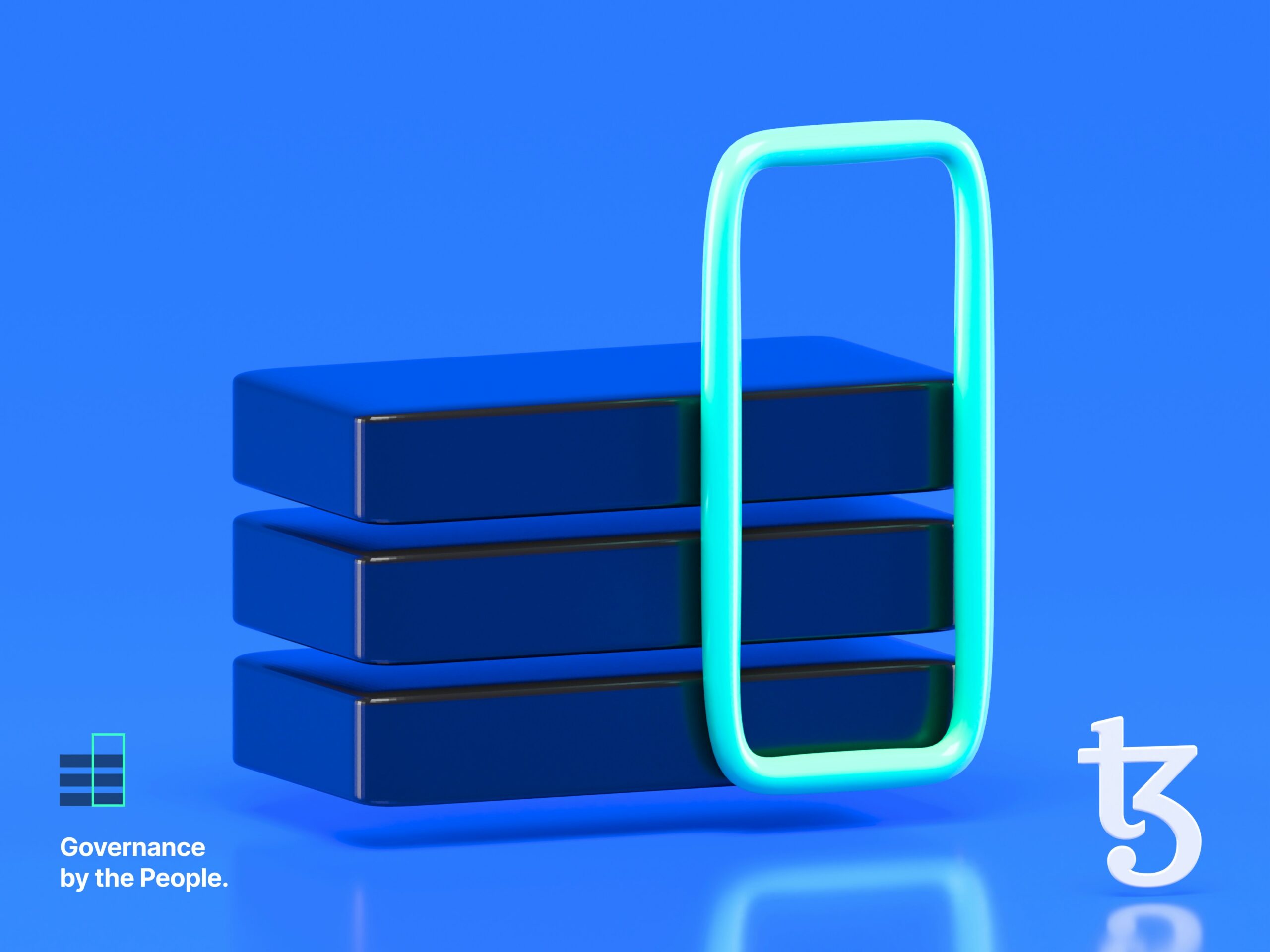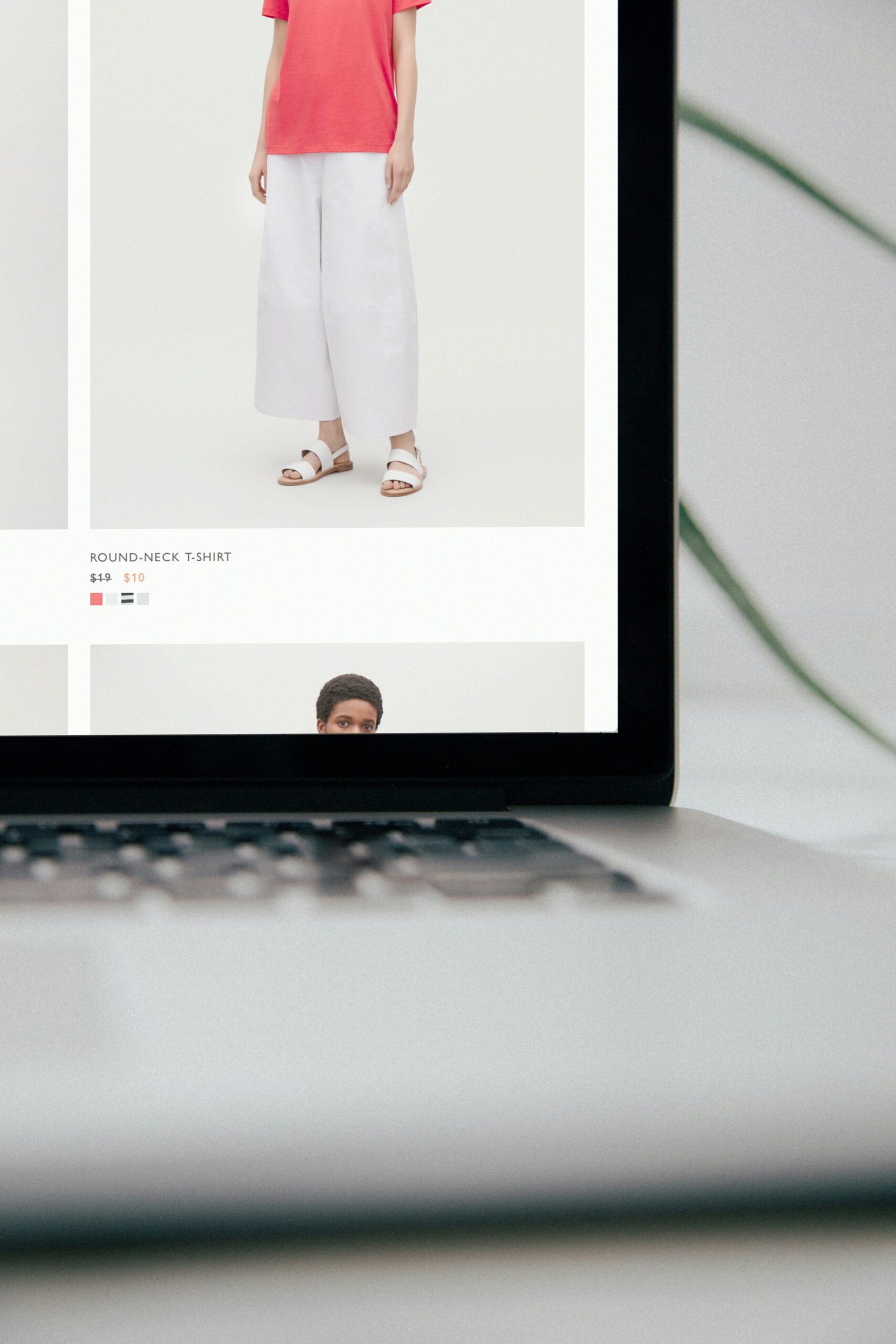Decentralized Autonomous Organizations: Revolutionizing Collaborative Campaigns
September 14, 2025 | by qqvmedia.com


Understanding Decentralized Autonomous Organizations (DAOs)
Decentralized Autonomous Organizations, commonly referred to as DAOs, represent a novel approach to organizational management and decision-making, primarily leveraging blockchain technology. At its core, a DAO is a digital organization that operates without centralized control, enabling participants to engage collaboratively through smart contracts—self-executing contracts with the terms of the agreement directly written into code. This structure ensures that all processes are automated and transparent, significantly enhancing operational efficiency.
DAOs are defined by their decentralized nature, eliminating the need for traditional hierarchical models often found in conventional organizations. This decentralized architecture empowers stakeholders to participate in governance through token-based voting mechanisms. The authority is distributed among members rather than concentrated in a few individuals, allowing for a more egalitarian form of decision-making. This model enhances creativity and innovation, facilitating a broader range of perspectives in the decision-making process.
One of the key characteristics of a DAO is its reliance on blockchain technology, which provides an immutable ledger of all transactions and proposals, ensuring transparency and security. The transparency facilitated by blockchain is crucial as it allows all members to view the organization’s operations, financials, and decision-making processes in real-time, thereby fostering trust within the community. Furthermore, DAOs typically adopt governance models that prioritize community consensus, which can vary from direct democracy to delegated voting. This variability allows for customization according to the specific objectives and values of the DAO.
Ultimately, the significance of decentralized decision-making is that it empowers individuals and communities to take charge of their collective goals, reducing the risk of corruption and mismanagement. With their innovative structure, DAOs are well-positioned to revolutionize how collaborative campaigns and initiatives are conducted, providing a framework that prioritizes transparency, accountability, and participation.
The Role of DAOs in Collaborative Campaigns
Decentralized Autonomous Organizations (DAOs) have emerged as a transformative force in facilitating collaborative campaigns across diverse sectors, including non-profits, social movements, and marketing initiatives. By leveraging blockchain technology, DAOs enable participants to engage dynamically, ensuring that each voice is heard and valued in the decision-making process. This level of inclusivity is critical, as it empowers contributors to directly influence project outcomes through voting and proposal mechanisms. Such open systems foster a sense of community, encourage active participation, and promote collective ownership of campaign goals.
A key advantage of DAOs in collaborative campaigns lies in their ability to remove traditional hierarchical structures, replacing them with peer-to-peer networks that prioritize transparency and shared responsibility. Participants in a DAO can propose new initiatives, discuss strategies, and vote on decisions using smart contracts, which automate and enforce agreed-upon outcomes. This decentralized structure not only cultivates trust among participants but also enhances the efficiency of campaign operations by streamlining communication and reducing the potential for bureaucratic delays.
Numerous successful examples illustrate the impactful role of DAOs in collaborative campaigns. For instance, in the realm of social movements, DAOs have been utilized to effectively raise funds and organize events, allowing activist groups to mobilize resources and amplify their reach without relying on centralized authorities. In the marketing sector, brands have harnessed DAOs to foster customer engagement, wherein members can contribute ideas for campaigns, vote on creative concepts, and shape product offerings. These initiatives demonstrate the power of collective decision-making and highlight how DAOs can significantly enhance the overall effectiveness of collaborative campaigns.
Ultimately, DAOs represent a paradigm shift in the way collaborative campaigns are conducted. By promoting inclusivity, facilitating direct participation, and harnessing the strength of community-driven decision-making, DAOs are poised to revolutionize the landscape of collaborative efforts across various domains.
Challenges and Limitations of DAOs in Campaigns
Decentralized Autonomous Organizations (DAOs) represent a transformative shift in how collaborative campaigns can be organized. However, the adoption of this innovative framework is not without its challenges and limitations. One major concern revolves around legal considerations. As DAOs often operate in a decentralized manner, establishing legal status and accountability can become complex. Jurisdictional issues arise since many traditional legal frameworks are not yet equipped to handle the unique structures and governance models of DAOs. This ambiguity can potentially expose participants to legal risks, complicating the execution of campaigns.
Another significant challenge lies in issues of accountability. In a typical organization, a clear hierarchy exists, which facilitates the assignment of responsibility. In contrast, the decentralized nature of DAOs can lead to ambiguity regarding who is accountable for decisions and actions taken during a campaign. The lack of a predetermined leadership structure may hinder the resolution of conflicts or disputes, causing delays and inefficiencies inherent in the campaign processes.
Achieving consensus among diverse stakeholders poses another hurdle for DAOs. The participatory model, designed to empower each member, can sometimes lead to difficulty in reaching agreements on critical campaign strategies. This phenomenon is often referred to as “consensus paralysis,” where differing opinions prevent progress. Furthermore, the technological barriers present in DAO implementations, such as user interface challenges and access to blockchain technology, may alienate potential participants and reduce overall engagement.
To effectively navigate these challenges, implementing robust governance frameworks is essential. These frameworks should establish clear protocols for decision-making and conflict resolution. Additionally, exploring emerging solutions, such as hybrid models that combine decentralized governance with oversight from traditional entities, may help address existing limitations, enhancing the overall efficacy of DAOs in collaborative campaigns.
The Future of DAOs in Collaborative Campaigning
As we look to the future of Decentralized Autonomous Organizations (DAOs) in collaborative campaigning, several intriguing trends and innovations emerge. The potential for DAOs to revolutionize the way teams coordinate, fund, and execute campaigns is substantial. A critical aspect of this evolution lies in technological advancements, particularly in blockchain technology. The ongoing development of smart contracts can increase transparency and accountability, which are paramount in collaborative efforts aimed at achieving social impact.
The interplay between regulatory environment and DAOs will also significantly influence their future. As more governments grapple with the implications of decentralized governance, there is potential for a more defined regulatory framework. This evolution may offer clearer guidelines that establish trust among stakeholders and foster wider participation in campaign-related activities. Enhanced regulations could provide security for contributors, encouraging a higher level of participation in DAOs.
Societal attitudes towards decentralization and collaboration are shifting, with more individuals recognizing the value of democratized decision-making in campaigns. As people increasingly demand accountability and inclusivity, the DAO model could serve as an answer to these expectations, allowing for broader stakeholder engagement within campaigns. Furthermore, the ability of DAOs to manage resources collectively means that campaigns can be more adaptive and responsive to changing circumstances, whether in social movements, political initiatives, or community projects.
Additionally, one can foresee DAOs facilitating a merging of various sectors—nonprofit, for-profit, and governmental—creating an enriched collaborative environment. This convergence has the potential to dismantle traditional silos, fostering innovation in campaign strategies and outreach. As we embrace these changes, it is imperative to reflect on how DAOs might contribute to a more equitable and democratic framework, empowering a diverse array of voices in collaborative ventures. The future holds promising possibilities for DAOs, heralding a new era of engagement and cooperation in campaigns.
RELATED POSTS
View all

